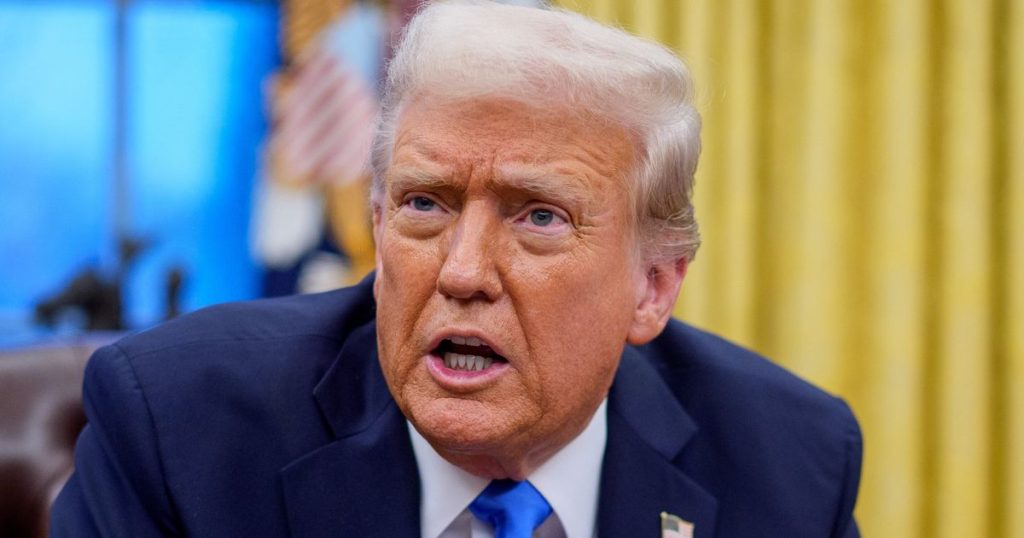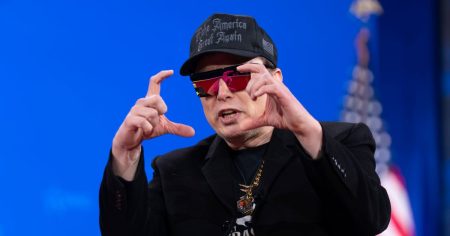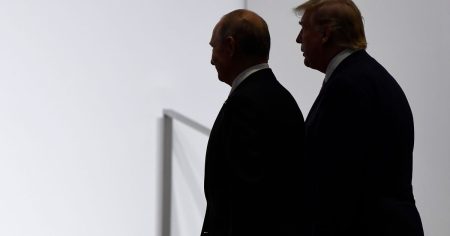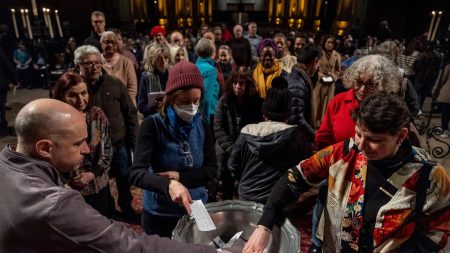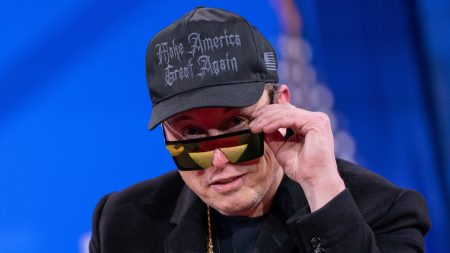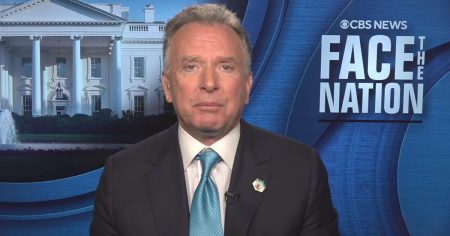MSNBC’s Lawrence O’Donnell Analyzes Elon Musk’s Oval Office Power Play
In a recent segment on MSNBC’s The Last Word, host Lawrence O’Donnell dissected what he described as a remarkable display of power dynamics between Elon Musk and President Donald Trump during a press conference in the Oval Office. O’Donnell observed that Musk, the billionaire CEO of Tesla and SpaceX, appeared to assert dominance over Trump in ways that were both subtle and overt. The host argued that Musk’s behavior during the meeting sent a clear message: "Donald Trump is not the boss of me." This sentiment, O’Donnell suggested, was conveyed not through words but through body language, tone, and the sheer audacity of Musk’s actions.
Musk’s Unprecedented Behavior in the Oval Office
O’Donnell highlighted several instances of Musk’s unconventional behavior during the Oval Office meeting. For instance, the tech mogul appeared casually dressed, a departure from the formal attire typically expected in such a setting. Additionally, Musk brought one of his children to the press conference, a move that O’Donnell described as a violation of traditional White House norms. Perhaps most striking, however, was the way Musk dominated the conversation. According to O’Donnell, Musk spoke a staggering 3,666 words during the event, far outpacing Trump’s 2,487 words. This imbalance in dialogue, O’Donnell argued, underscored Musk’s apparent disregard for the usual protocols of deference to the President.
A Shift in the Balance of Power
O’Donnell contrasted Musk’s boldness with the behavior of Trump’s former and current vice presidents. He noted that Mike Pence, Trump’s vice president during his first term, "never had a day like that in the Oval Office with Donald Trump." Pence, known for his loyalty and deference to Trump, would have likely avoided such overt displays of independence. On the other hand, Trump’s current vice president, J.D. Vance, "will never have a day like that in the Oval Office with Donald Trump because Donald Trump is the boss of J.D. Vance," O’Donnell remarked. This comparison served to emphasize just how unusual Musk’s behavior was in the context of Trump’s leadership style.
The Implications of Musk’s Defiance
O’Donnell’s analysis also touched on the broader implications of Musk’s actions. By seemingly dismissing Trump’s authority, Musk sent a powerful message about his own status as a global figure. As the wealthiest person in the world, Musk’s influence extends far beyond the political realm, and his ability to challenge Trump’s dominance in the Oval Office spoke volumes about the shifting dynamics of power in modern America. O’Donnell suggested that this moment marked a turning point in how the public perceives Trump’s leadership, as well as the growing influence of tech moguls like Musk in shaping national discourse.
The Role of the Department of Government Efficiency
Another key aspect of O’Donnell’s commentary was the role of the Department of Government Efficiency, a non-official entity tasked by Trump with reducing public spending. Musk’s involvement with this department, O’Donnell argued, was a calculated move by Trump to bolster his own image by associating himself with a figure of Musk’s stature. However, O’Donnell contended that Musk ultimately used this opportunity to assert his independence rather than bolster Trump’s credibility. By doing so, Musk not only defied expectations but also reinforced his reputation as a figure who operates on his own terms, regardless of the political landscape.
A Historic Moment in Presidential Image
Finally, O’Donnell reflected on the historical significance of the press conference, describing it as a moment that will be remembered for its unique dynamics. He characterized the image of Musk standing over Trump as "the most powerless image of a President of the United States ever created by a camera." This assessment underscored the extent to which Musk’s behavior challenged the traditional narrative of presidential authority. O’Donnell’s analysis served as a reminder of the complex interplay between political and corporate power in contemporary America, where figures like Elon Musk are increasingly shaping the national conversation in ways that were unimaginable just a few decades ago.
In conclusion, Lawrence O’Donnell’s analysis of the Oval Office meeting between Elon Musk and Donald Trump offered a compelling exploration of power, deference, and the changing dynamics of leadership in America. Through his sharp observations and insightful commentary, O’Donnell painted a vivid picture of a moment that will likely be studied and debated for years to come.





